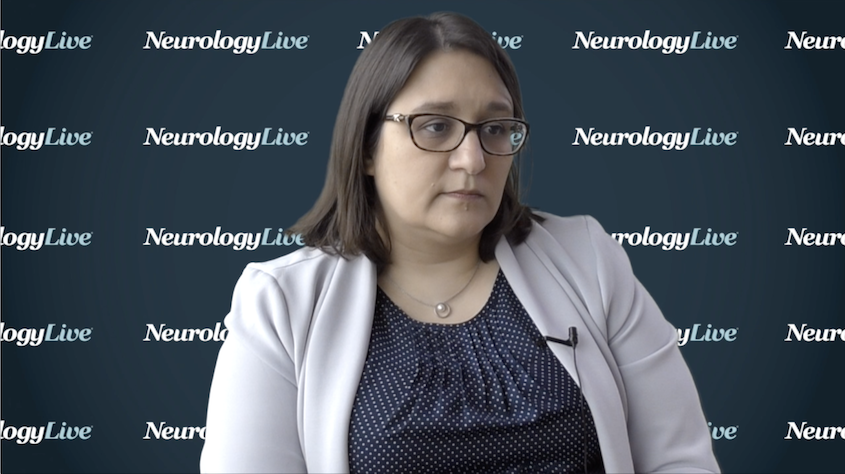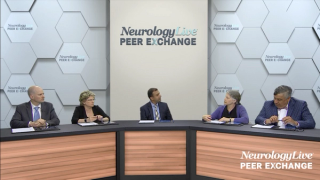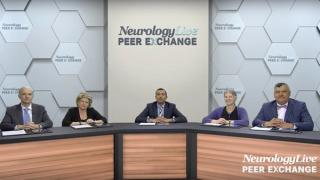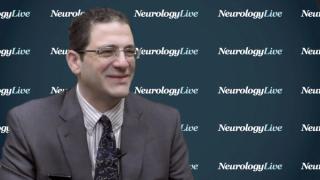
Epilepsy
Latest News
Latest Videos

CME Content
More News

The investigational therapy met its primary end point, showing superiority to placebo in reducing the frequency of drop seizures in patients with Lennox-Gastaut syndrome.

This additional application, supported by data from the GWPCARE6 trial, seeks to expand the indication of cannabidiol to include seizures associated with tuberous sclerosis complex.
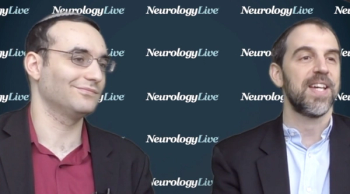
The director of the Pediatric Epilepsy Program and an MD candidate at Weill Cornell Medicine detail the steps needed to take to improve outcomes in status epilepticus.

Recently published data showed that one-quarter of the smartphone videos were correctly diagnosed by 100% of the reviewing physicians.
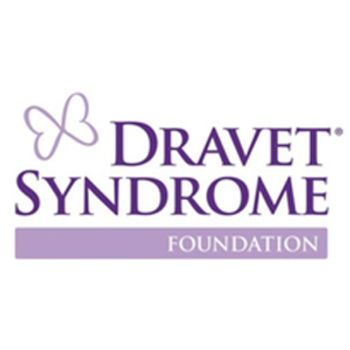
The new codes listed by the World Health Organization include changes to Dravet syndrome, status epilepticus, and epilepsy in infants.

Dravet Syndrome Foundation is pleased to announce a new, live video education session on Thursday, February 13, 2020 at 2pm ET.

Dravet Syndrome Foundation has announced that registration for this year's DSF Conference is now open.

This additional application, supported by data from the GWPCARE6 trial, seeks to expand the indication of cannabidiol to include seizures associated with tuberous sclerosis complex.

Join NeurologyLive and the Women Neurologists Group on Twitter to celebrate women in neurology on National Women Physicians Day.

The previously approved therapy is now indicated for treatment in pediatric patients age 2 to 10.

Page B. Pennell, MD, president of the American Epilepsy Society, shared her thoughts on the epilepsy treatment landscape, managing women with epilepsy, and the need for multidisciplinary involvement and communication.

The unique CDKL5 deficiency disorder diagnostic code will be incorporated in the October 1, 2020 classification revision.

Seizure-free patients experienced similar rates of graduation and employment following epilepsy surgery compared to the general population.
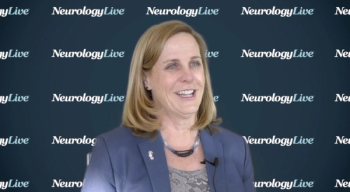
The president of the American Epilepsy Society and director of epilepsy research at Brigham and Women’s Hospital outlined the state of epilepsy care and what we can expect in 2020.
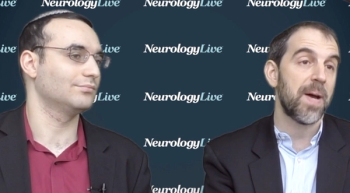
The director of the Pediatric Epilepsy Program is joined by an MD candidate from Weill Cornell Medicine to discuss the protocol used to treat patients with status epilepticus.

Retrospective study data suggest that among women aged 13 to 50 years with idiopathic generalized epilepsy, avoiding valproate resulted in a higher likelihood of unsatisfactory seizure control.
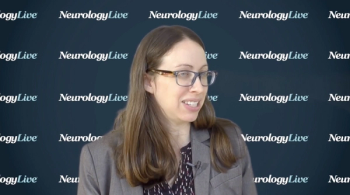
The epilepsy fellow at the hospital of the University of Pennsylvania detailed why locating the seizure onset zone plays a crucial role in successful epilepsy surgery.

Caregivers who care for children with frequent seizures experienced the greatest economic deficit, begging the question whether epilepsy interventions should be weighed based on cost/benefit.
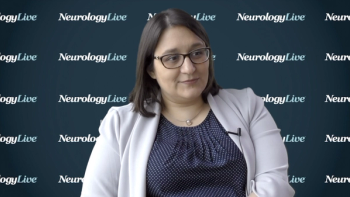
The associate professor of neurology and director of the Women With Epilepsy Program at Northwestern University Feinberg School of Medicine detailed the ongoing questions about assessing the gaps in breastfeeding between women with, and without, epilepsy.

The associate professor of neurology and director of the Women With Epilepsy Program at Northwestern University Feinberg School of Medicine spoke about the findings of the MONEAD study and their implications for women with epilepsy.

The medical director of the Comprehensive Epilepsy Clinic at Nicklaus Children’s Hospital shared his insight into the potential of using an SCN1A-targeted adeno-associated viral vector-based gene therapy in epilepsy.
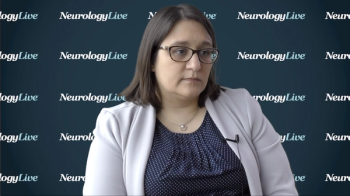
The associate professor of neurology and director of the Women With Epilepsy Program at Northwestern University Feinberg School of Medicine spoke about the need for consistency in the messaging conveyed to women with epilepsy who are having children.
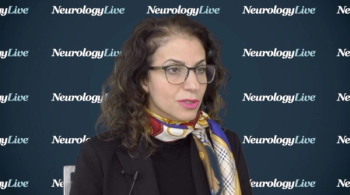
The professor of neurology and epilepsy specialist at the Cleveland Clinic Lerner College of Medicine explains the decision-making process surrounding epilepsy surgery.

Neurology News Network for the week ending January 18, 2020.

Take 5 minutes to catch up on NeurologyLive's highlights from the week ending January 17, 2020.


